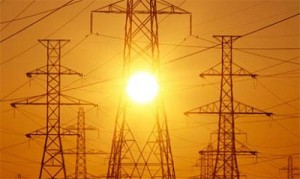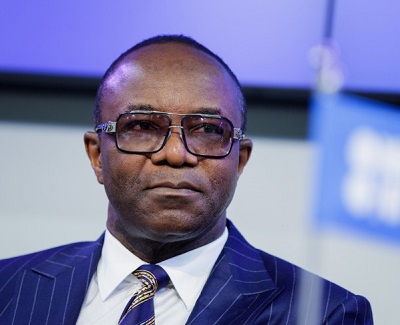Seven power plants down, 1,899MW lost
 The shutdown of seven power plants across the country has led to a total electricity load loss of 1,899.7 megawatts.
The shutdown of seven power plants across the country has led to a total electricity load loss of 1,899.7 megawatts.
According to the latest industry data on sector reforms/activities, four plants belonging to the National Integrated Power Projects are shut, while others have remained non-functional for some days.
The report, which was made available to our correspondent in Abuja on Sunday, indicated that a partial system collapse occurred on January 12 this year, adding that the system frequency dropped by eight hertz on the same day.
It stated, “Partial collapse occurred on January 12, 2017. At 8:41hours, system frequency dropped from 51Hz to 43Hz. Lagos, Osogbo, Jebba, Kainji and Shiroro lost supply, while other areas survived. The total load loss was 1,899.7MW.
“As of 6am on January 13, the following plants were still shut down: Geregu NIPP and Sapele NIPP, in addition to the plants previously reported as shut down. Plants previously reported as shut down include Alaoji NIPP, Ihovbor NIPP and Gbarain.
“The following plants lost turbine functionality as of 6am on January 13, 2017: Okpai (GT11, out due to flame monitor problem; the ST18, out due to hydraulic valve problem) and Olorunsogo I (GT2, out since partial collapse on January 10, 2017).”
The report further stated that on January 13, the average power sent out was 2,944MW-hour/hour, up by 165MWh/h.
It stated that the gas constraints accounted for 2,680MW, while grid and water management constraints were both zero megawatt.
“The power sector lost an estimated N1.358bn on January 13, 2017 due to the constraints,” the report noted.
Industry experts decried the poor power situation in Nigeria and blamed this on lack of adequate investment by operators in the country’s privatised electricity plants.
The President, Nigerian Society of Engineers, Mr. Otis Anyaeji, said that engineers were not comfortable with the services being provided by the power generation and distribution companies.
According to him, engineers have observed that the poor power generation and supply across the country is due to the inability of the electricity firms to invest significantly in the companies they bought since November 2013.








